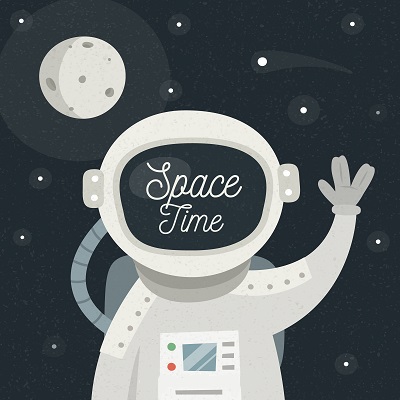 Many people still believe that the perfect end to a busy day is with a few alcoholic beverages. As marijuana legalization continues to occur in more regions for its medicinal and recreational use, it is also likely going to be seen as a “safe” alternative used to relax before bedtime. Marijuana is also known by the terms, weed or cannabis.
Many people still believe that the perfect end to a busy day is with a few alcoholic beverages. As marijuana legalization continues to occur in more regions for its medicinal and recreational use, it is also likely going to be seen as a “safe” alternative used to relax before bedtime. Marijuana is also known by the terms, weed or cannabis.
However, as you are about to find out, any drug – legal or illegal, and that includes alcohol, because alcohol is also a drug – negatively impacts your sleep. All drugs alter the chemistry and functioning of your brain in some capacity.
Alcohol is considered a nervous system depressant. This does not mean that it causes the individual to be depressed, it means that it depresses – slows down – the functioning of your body and brain. Many people like to use it to reduce anxiety and induce relaxation.
Although you may fall asleep faster, and you may initially sleep deeper, the quality of your sleep is going to be poorer, especially in the later part of the night/early morning hours.
You want to limit yourself to no more than two drinks, and do so before dinner so that the alcohol has time to leave your system before you go to sleep. Drinking right before bedtime and drinking more than this, will result in lighter sleep as the night progresses, waking up earlier, and more frequent awakenings during the night.
Unfortunately, for those people who are active or recovering alcoholics or for those who are in withdrawal, research illustrates that sleep problems are more common than those people who are not alcoholics. These problems include difficulty falling asleep and less sleep time.
In addition, they are more at risk of sleep apnea, a potentially dangerous situation in which breathing stops intermittently during sleep. To make matters worse, relapse is a common problem in early-stage sobriety, due to the sleep problems that alcohol withdrawal causes.
As mentioned earlier, marijuana is legal in certain locales. This means that it may become as common as alcohol use. Unlike alcohol, however, marijuana can be a stimulant or a depressant or even a hallucinogen, depending on the particular plant harvested and used.
Three different strains exist, and have different effects depending on the chemical makeup of the cannabis plants. For example, some are more psychedelic, whereas others are more relaxing. People with anxiety, depression, or pain often use cannabis. So do people who have insomnia.
Studies on the effects of cannabis use on sleep have been minimal and have brought mixed results. One of the reasons for this again depends on the strain of marijuana plant, and what exactly it contains. Some contain more THC or more CBD – the chemicals that cause the drug’s effects.
Therefore, some forms may help people fall asleep, while others may disturb sleep. Marijuana has been shown to disrupt REM (rapid eye movement) sleep. Other studies have found that those who use cannabis daily, have higher rates of insomnia, compared to occasional-use people.
There is also definite evidence that if you begin using cannabis as a teenager, the greater the likelihood of sleep problems in adulthood.
To summarize, more research is needed regarding the effects of marijuana and its effects on sleep, as a number of variables exist. This is likely to occur as there will be less obstacles as marijuana increasingly becomes legalized.
In the case of alcohol, more than two drinks before bedtime is not going to help you get the sleep that you and your body crave. In any case, it’s best to play it safe and limit their use or not use them altogether.






